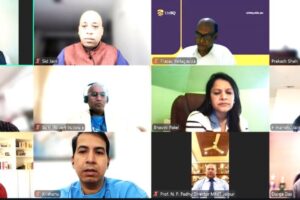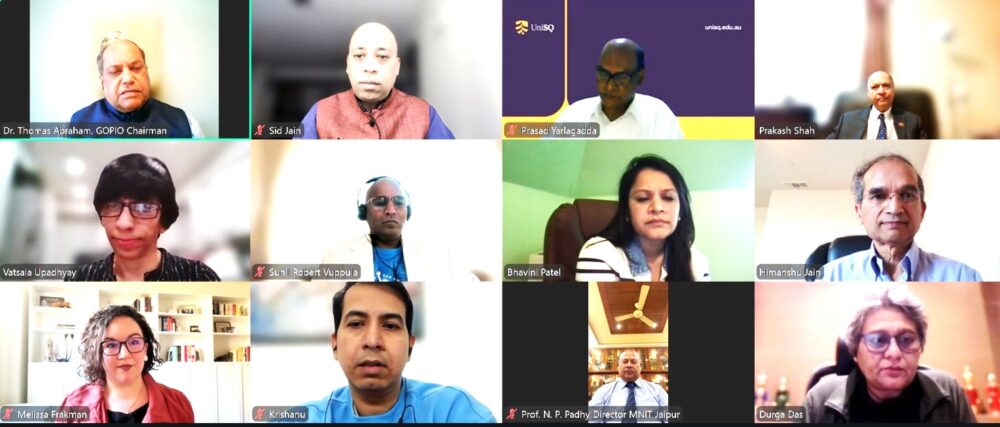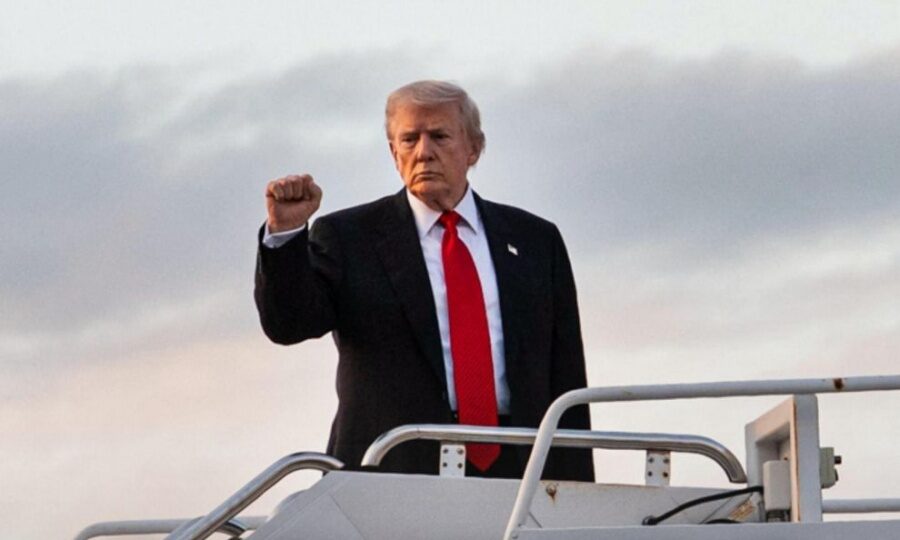A U.S. senator recently proposed new legislation known as the Halting International Relocation of Employment Act, or HIRE Act, which is causing major concern in India and other nations that service America’s outsourcing industry. Centered on discouraging the relocation of American jobs overseas, this bill would impose a 25% excise tax on payments companies make for outsourcing services to foreign firms when those services ultimately benefit U.S. consumers. It also contains provisions that would prohibit companies from deducting these payments from their taxable income, further raising the financial impact on businesses that rely on global outsourcing.
In addition to the steep tax, all revenues from the new levy would funnel into a “Domestic Workforce Fund.” This fund’s stated purpose is to support workforce development, retraining, apprenticeship programs, and other initiatives intended to help Americans find and retain employment. The bill is part of a larger push to protect U.S. workers from losing opportunities to overseas labor by making offshore outsourcing significantly more expensive. Definitions in the legislation are broad, applying to any kinds of fees, premiums, royalties, or charges paid to foreign entities for labor or services tied, even indirectly, to serving the U.S. market.
The introduction of the HIRE Act sparked alarm among Indian authorities and business leaders, who emphasized the potential for wide-reaching disruption within India’s IT and business process sectors. These industries heavily depend on contracts with U.S. clients, and a 25% tax could significantly reduce their competitiveness, lead to the repricing and shortening of contracts, and put thousands of jobs at risk. While companies might try to absorb some of the increased costs or pass them on to U.S. consumers, others may seek to restructure their contracts or operations to avoid the tax.
Supporters of the bill argue it’s critical to defend well-paying jobs for American workers and to reduce the incentives for U.S. businesses to send work overseas. Critics worry about major impacts on global trade and international relations, especially between the U.S. and India. The legislation, which applies to payments made after December 31, 2025 if passed, faces a challenging legislative process and could see amendments or modifications as it moves forward.










